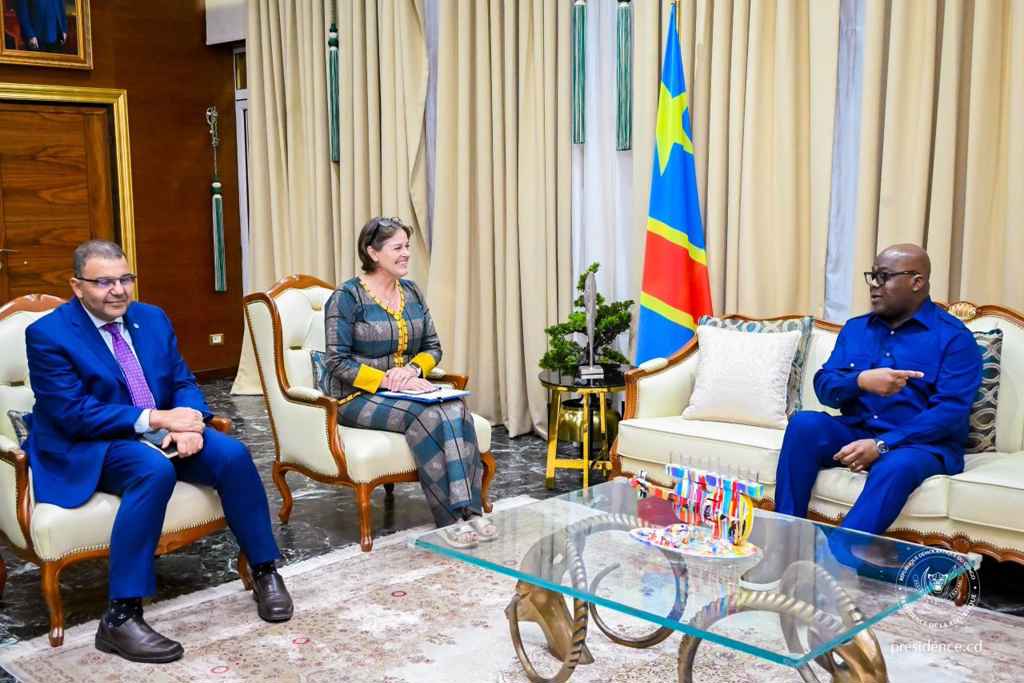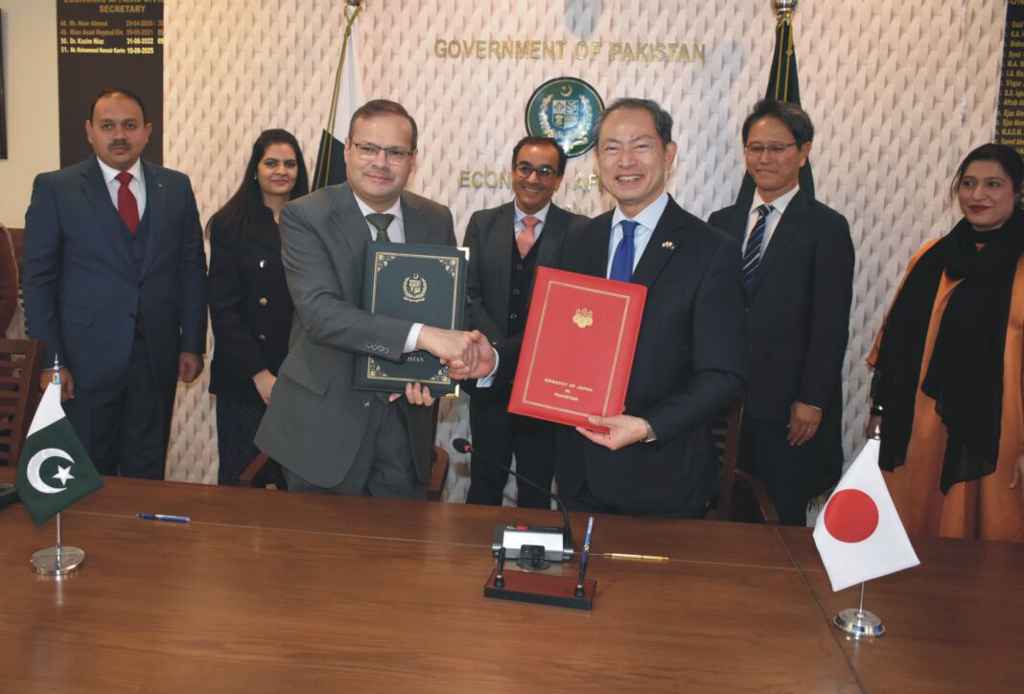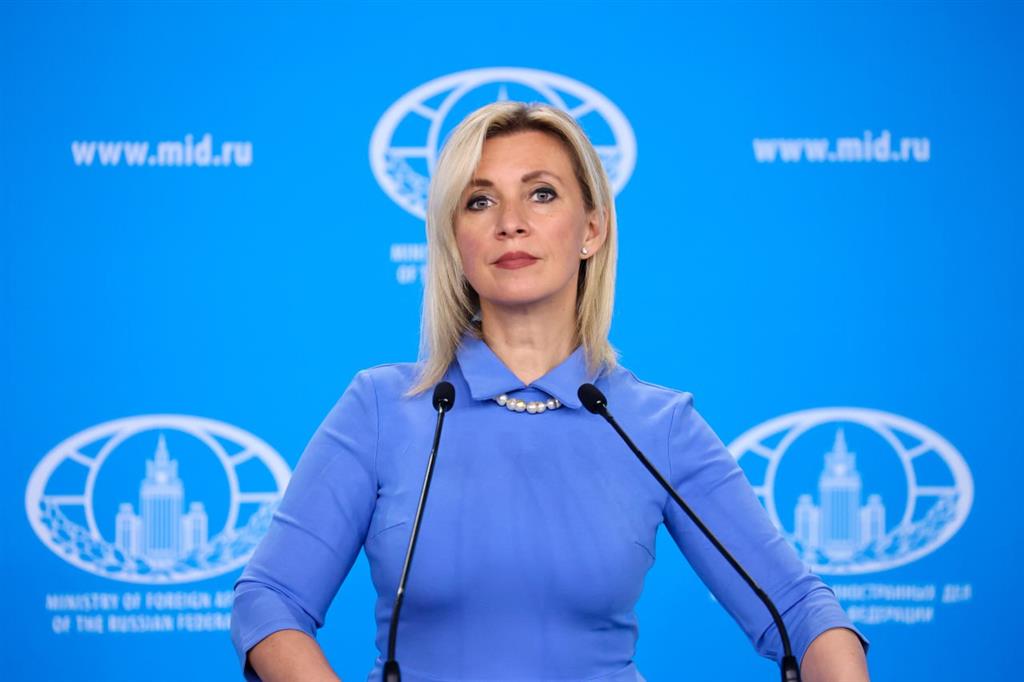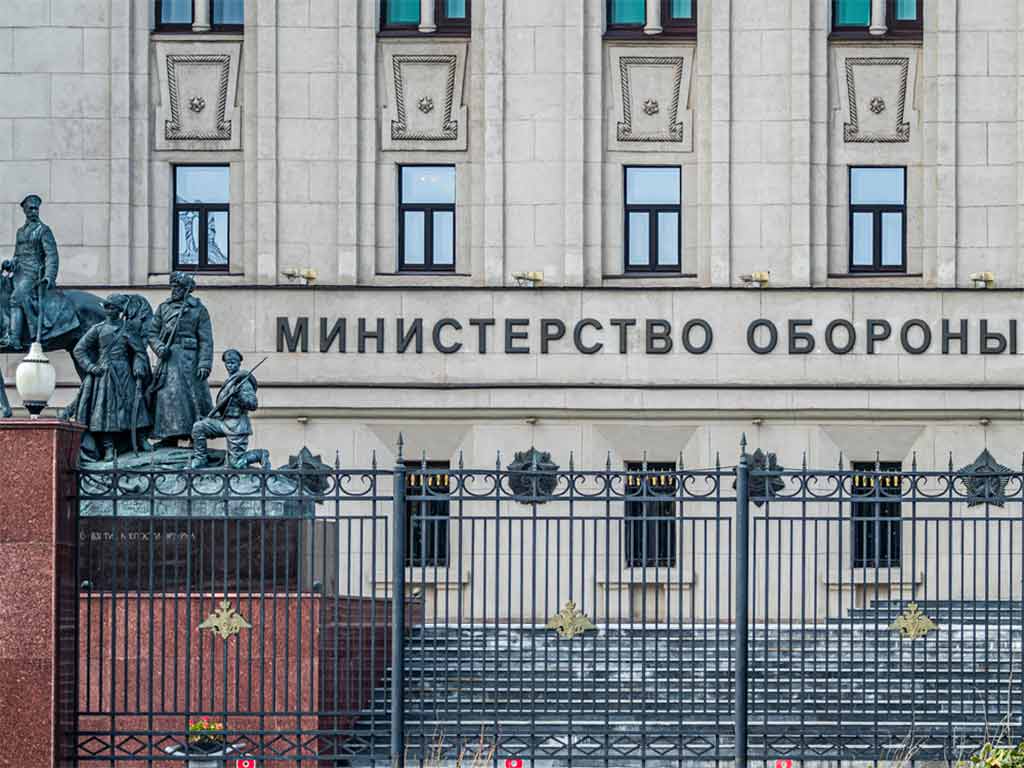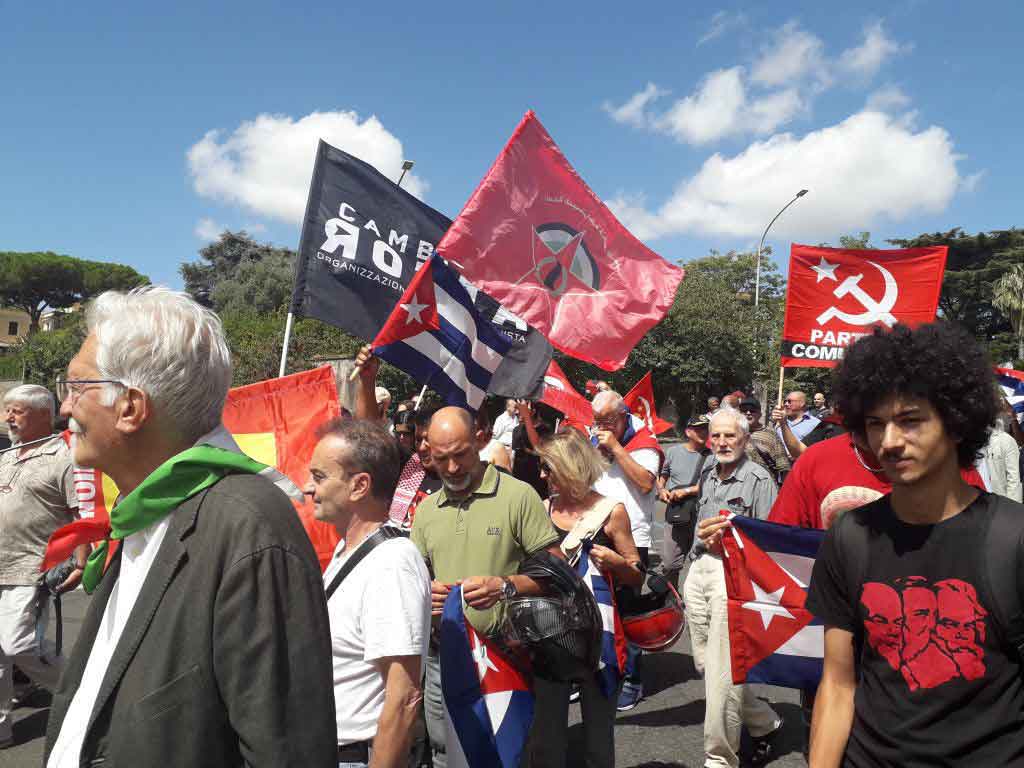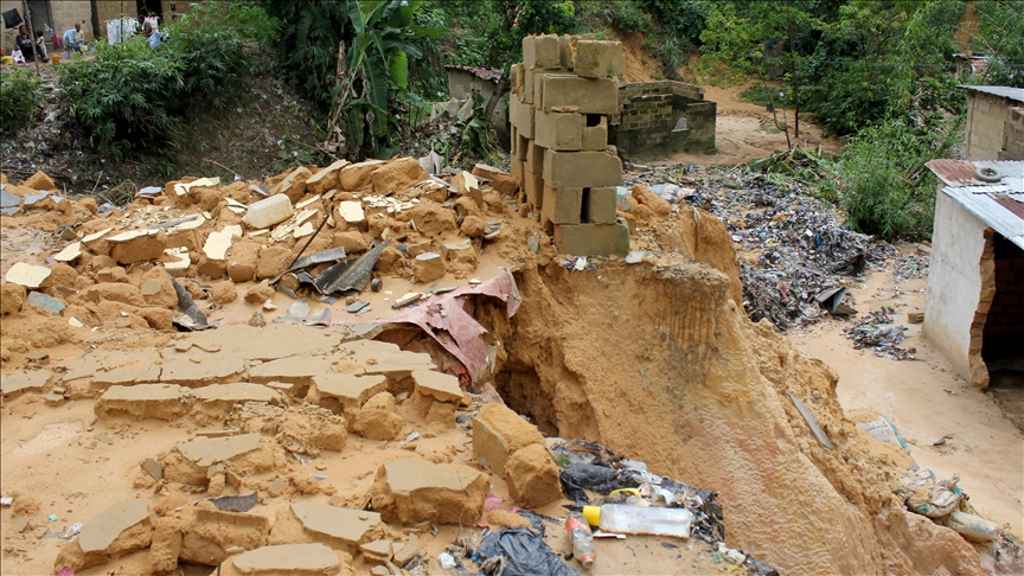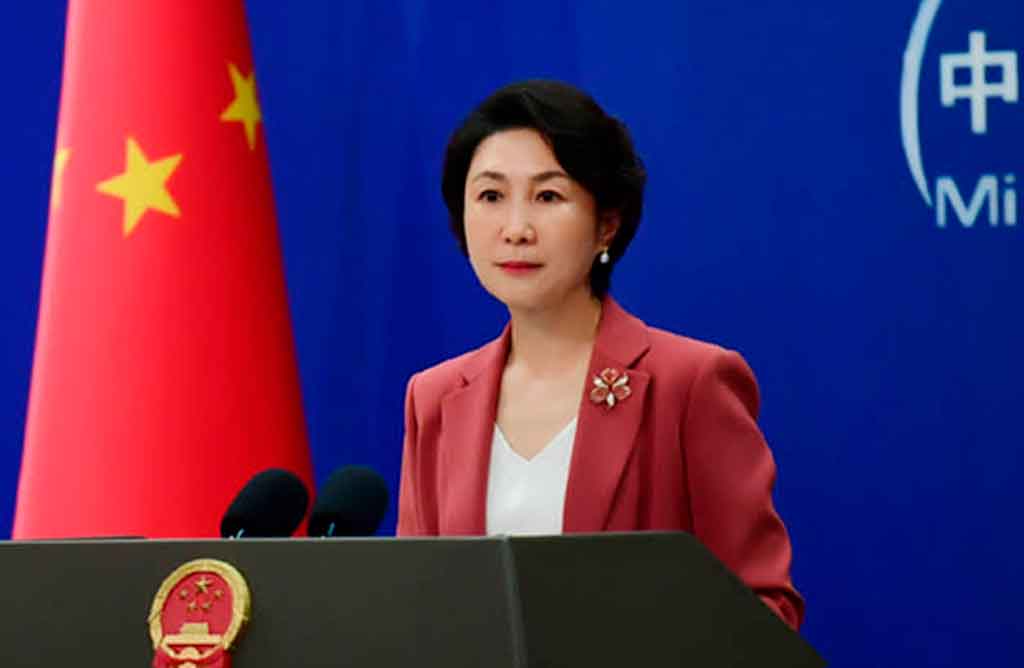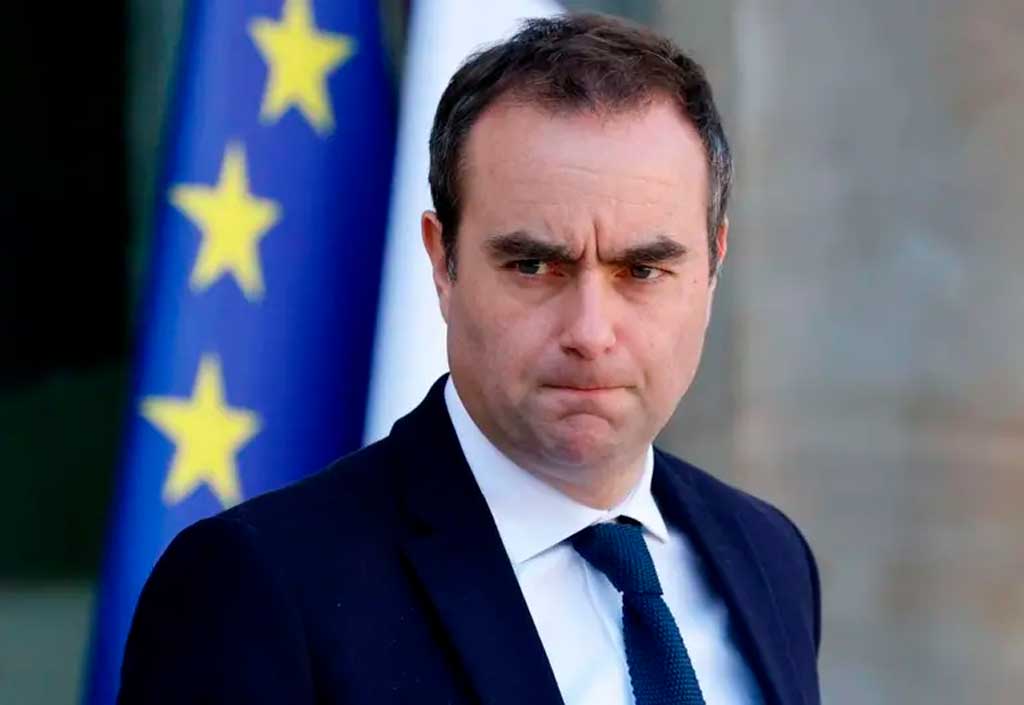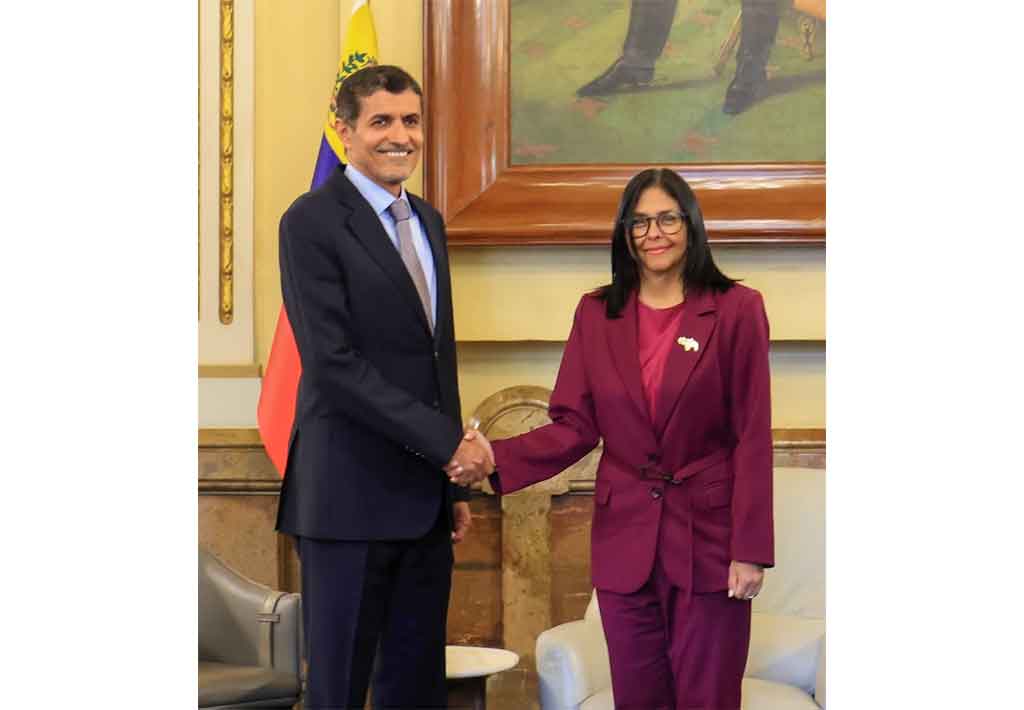In a high-level meeting at the African Union City on Tuesday, MONUSCO’s strategic director, Van de Perre, and Congolese President Felix Tshisekedi addressed the escalating security crisis in eastern Democratic Republic of Congo. The discussions centered on the deteriorating humanitarian situation, threats to civilian populations, and implementation pathways for UN-mandated ceasefire protocols.
The dialogue occurred against the backdrop of MONUSCO’s suspended withdrawal from the DRC. Initially scheduled for 2024 following the Congolese government’s request, the peacekeeping mission halted its departure due to worsening security conditions in conflict-ridden eastern provinces. The UN Security Council subsequently extended MONUSCO’s mandate through December 2024 with renewed strategic priorities.
According to an official statement released via MONUSCO’s X profile on Wednesday, both parties analyzed the practical implementation of UNSC Resolution 2773, which demands an immediate and unconditional ceasefire. Van de Perre explicitly reiterated the mission’s commitment to defending Congolese sovereignty, territorial integrity, and national unity amid the ongoing crisis.
The extended mandate focuses on three core objectives: civilian protection in deployment zones, achievement of Resolution 2773’s 2025 targets, and institutional stabilization through strengthened governance structures. This diplomatic engagement highlights the complex balance between respecting national sovereignty and maintaining international peacekeeping presence during active conflict.
